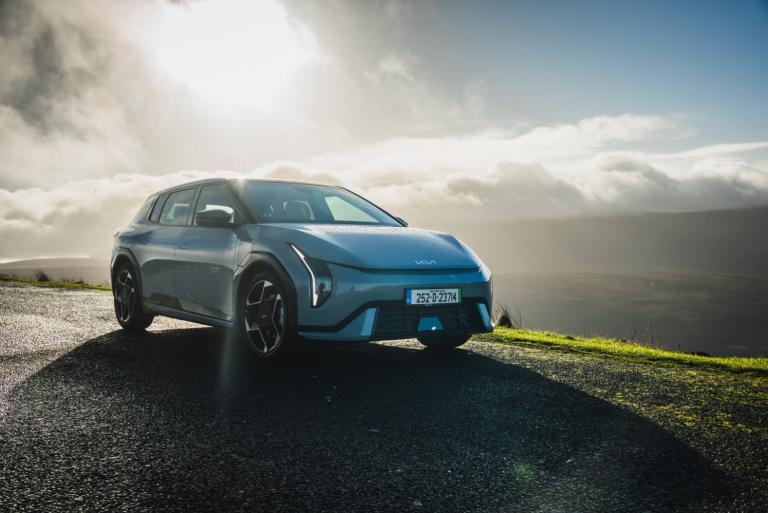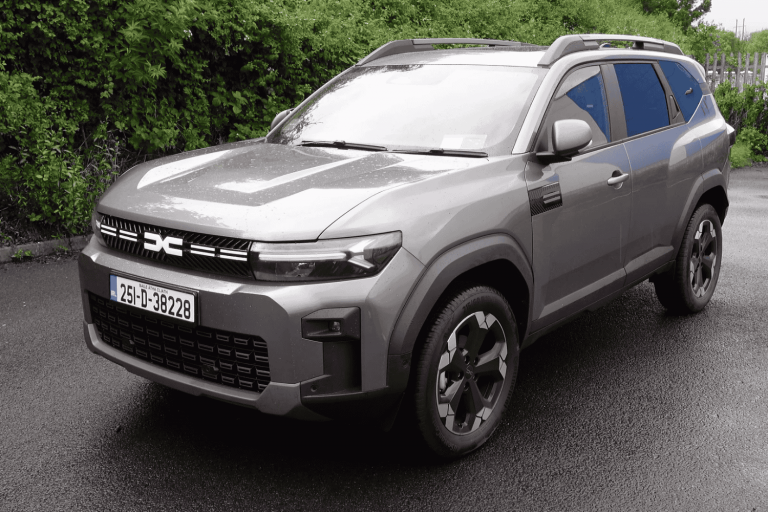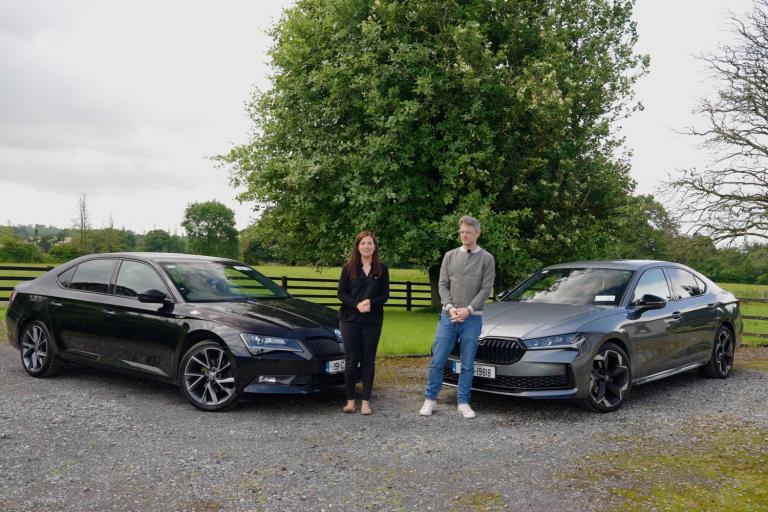Nissan thinks big as Juke aims to stay ahead of pack
Published on 9 February, 2020
The new Juke has a more refined look
Overview
The Juke pioneered the dramatic growth in the compact SUV/Crossover segment which now has up to 20 models from various manufacturers fighting for a slice of the action. The loser is the shrinking small family saloon which lacks the higher driving position and better visibility.
Having set the pace, Nissan is determined to stay a leader with a more refined-looking version of the Juke, now almost up to Qashqai interior dimensions. Big on the agenda to woo more customers is a highly impressive array of safety and "intelligent" mobility devices. And as this is transport for young families, a big-selling feature will be the in-car wi-fi package that is coming on stream this month. Up to eight devices can be connected on a subscription basis to the service provider.
Nissan plans to sell 2,500 models to take 15pc of the market share in this segment. Prices range from €21,995 to €28,600 but the middle of the range SV Premium version at €24,650 is expected to be the biggest seller.
One in four buyers is expected to opt for the seven-speed automatic transmission which will push the price up to €26,300.
Improvements include increased headroom, more rear legroom and a big selling point will be the boot size increased to 422 litres. One of the big criticisms of the compact SUV/Crossover segment is the lack of boot space and the extra dimensions added gives the Juke one of the biggest in the segment. Despite the growth in size, the weight of the new Juke has fallen by 23kg which allows Nissan to claim a fuel consumption of 6.1l/100km in the manual transmission version.
Road tax ranges from €190-€200 depending on model and driving modes include Eco, Sport and Normal and a wide range of Nissan Connect services are available through the range.
There is only one engine on offer, a nippy three-cylinder petrol 117 bhp which should be adequate for most drivers. In Sport mode there is a noticeable increase in throttle response. Nissan plans to stop selling diesel models in the next two or three years.
Safety features include intelligent braking, pedestrian and cyclist recognition, intelligent cruise control, traffic sign recognition, lane intervention, blind spot intervention and Rear Ross Flow Traffic Alert.
Nissan Ireland CEO James McCarthy took the opportunity at the launch to criticise "vested interests" within the car industry who he argues are undermining the Government target to put one million EVs on our roads by 2030. He said these car manufacturers' claims that the stock was not available to meet the target only served to underline their own failure to invest in the future of EV driving.
He said the inconvenient truth was that, unlike Nissan, the majority of car manufacturers do not have the engines to sell to buyers switching to electric driving while maintaining that the Government's target was unattainable. "This kind of belly-aching is the worst form of protectionism," he said.


